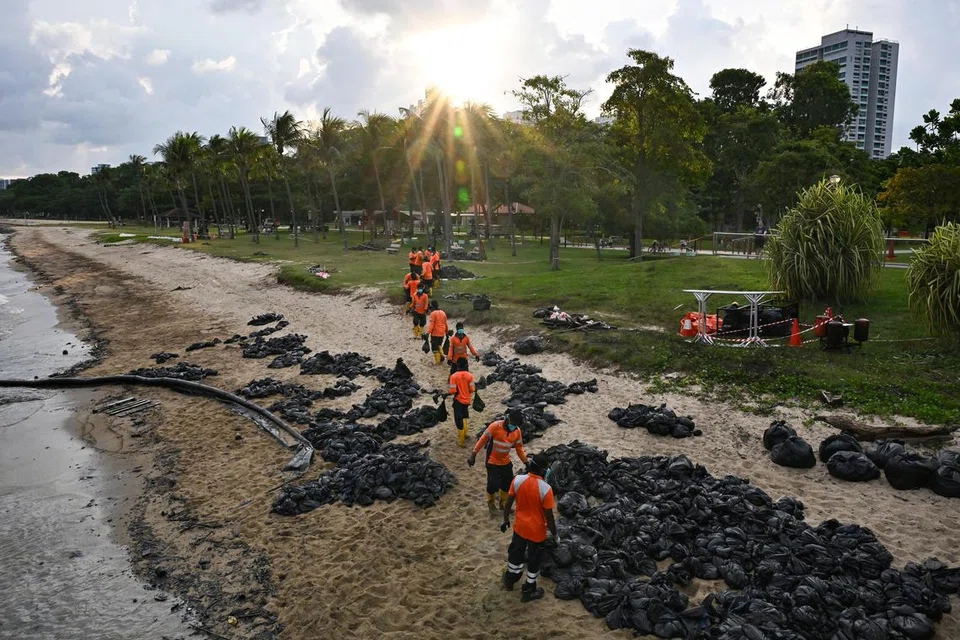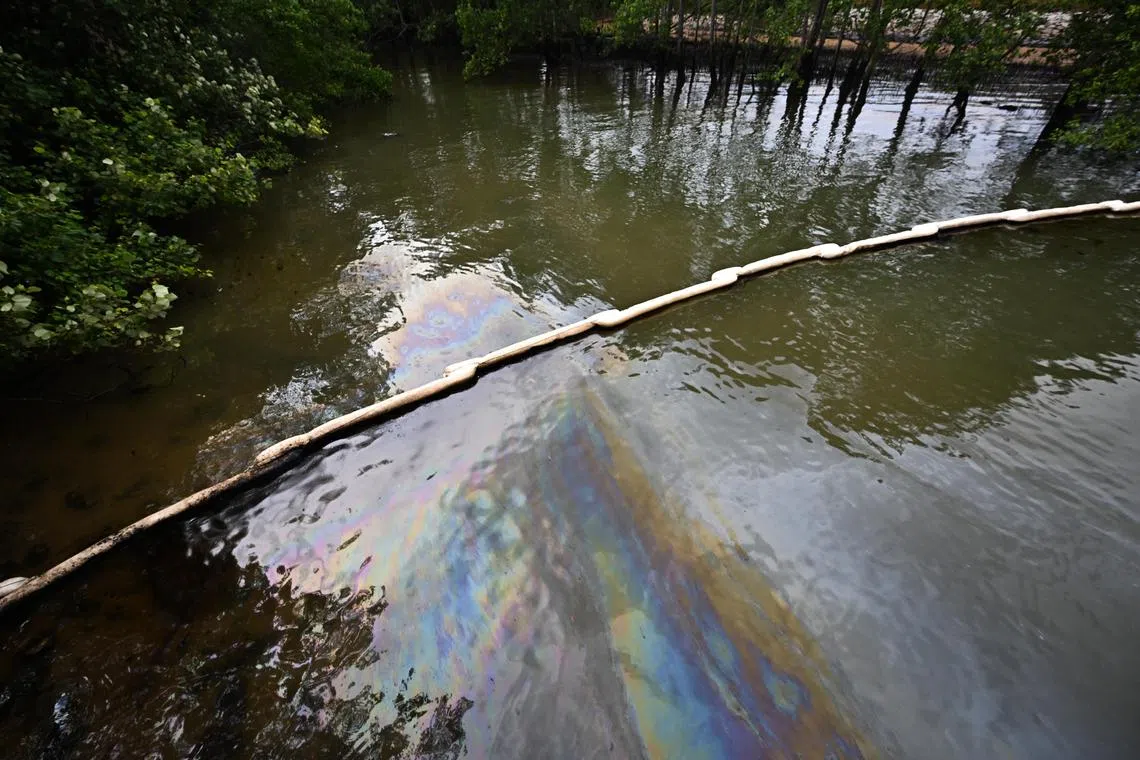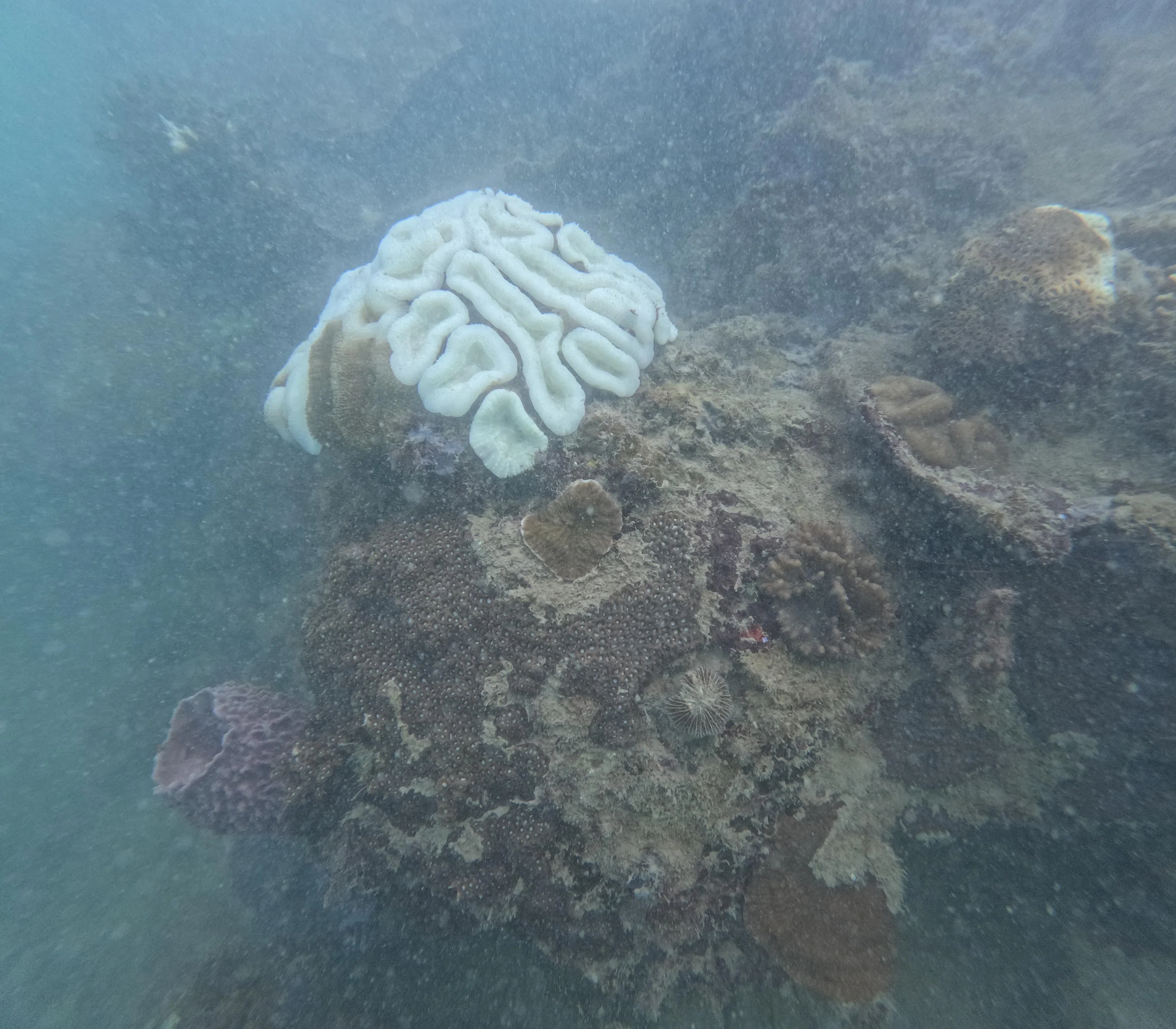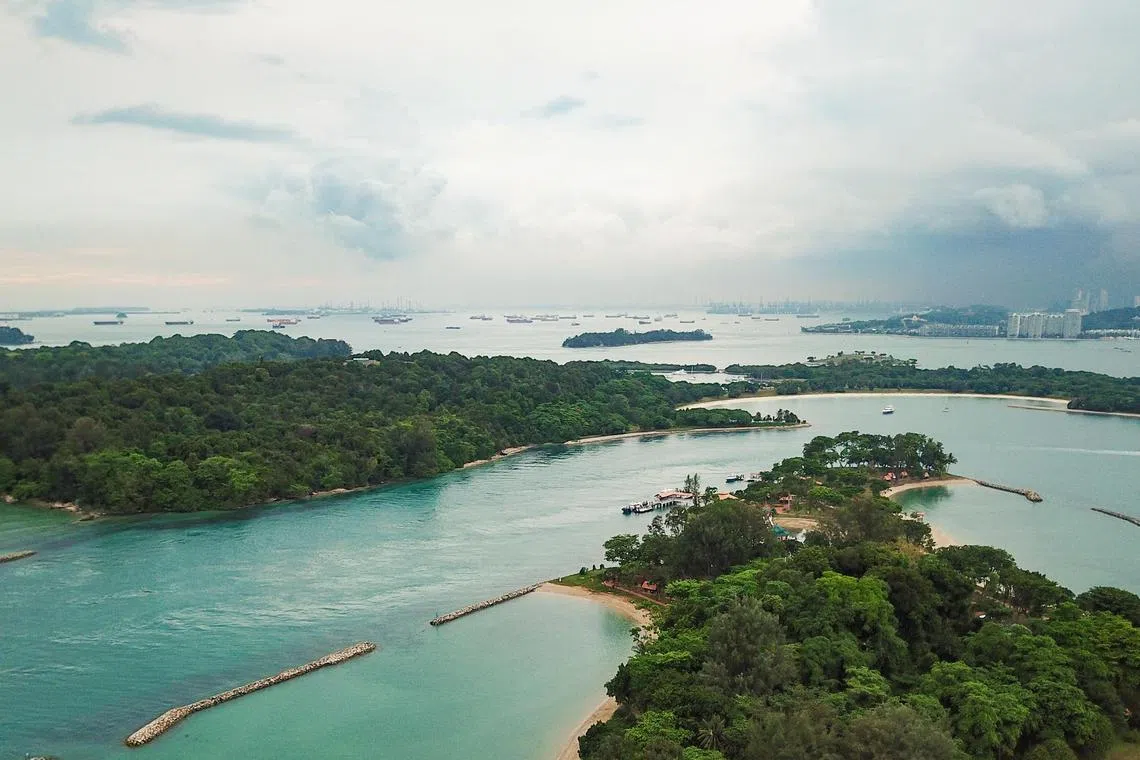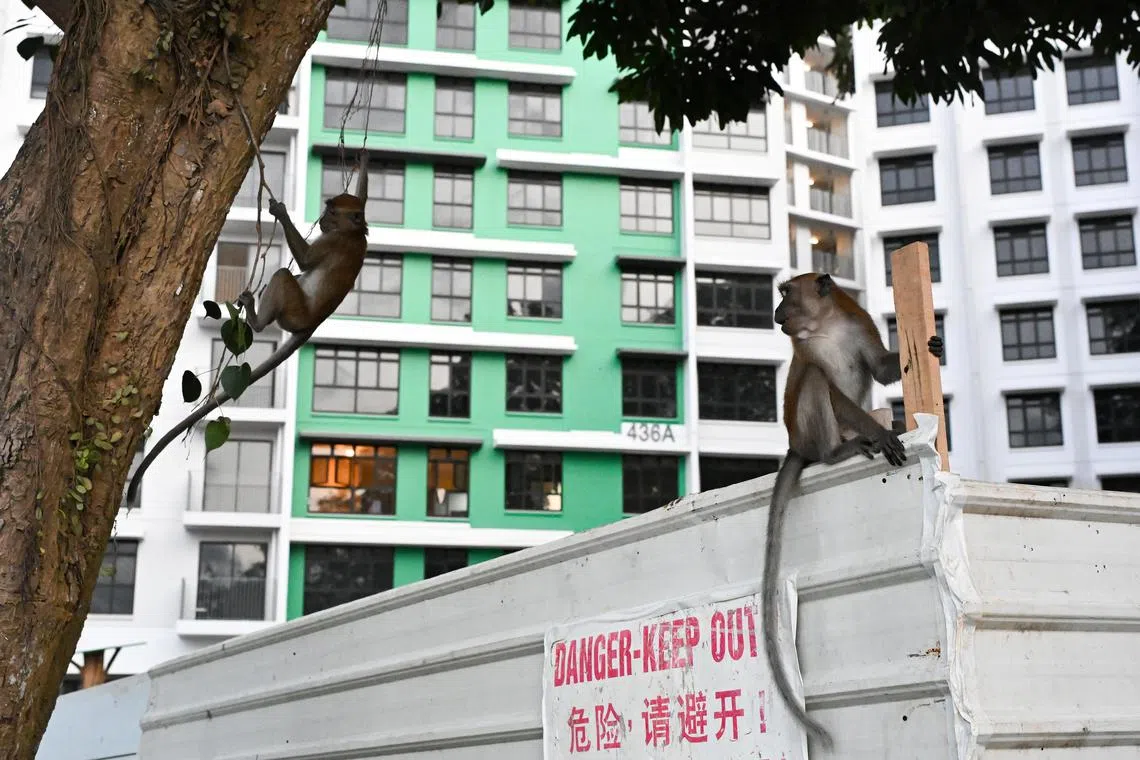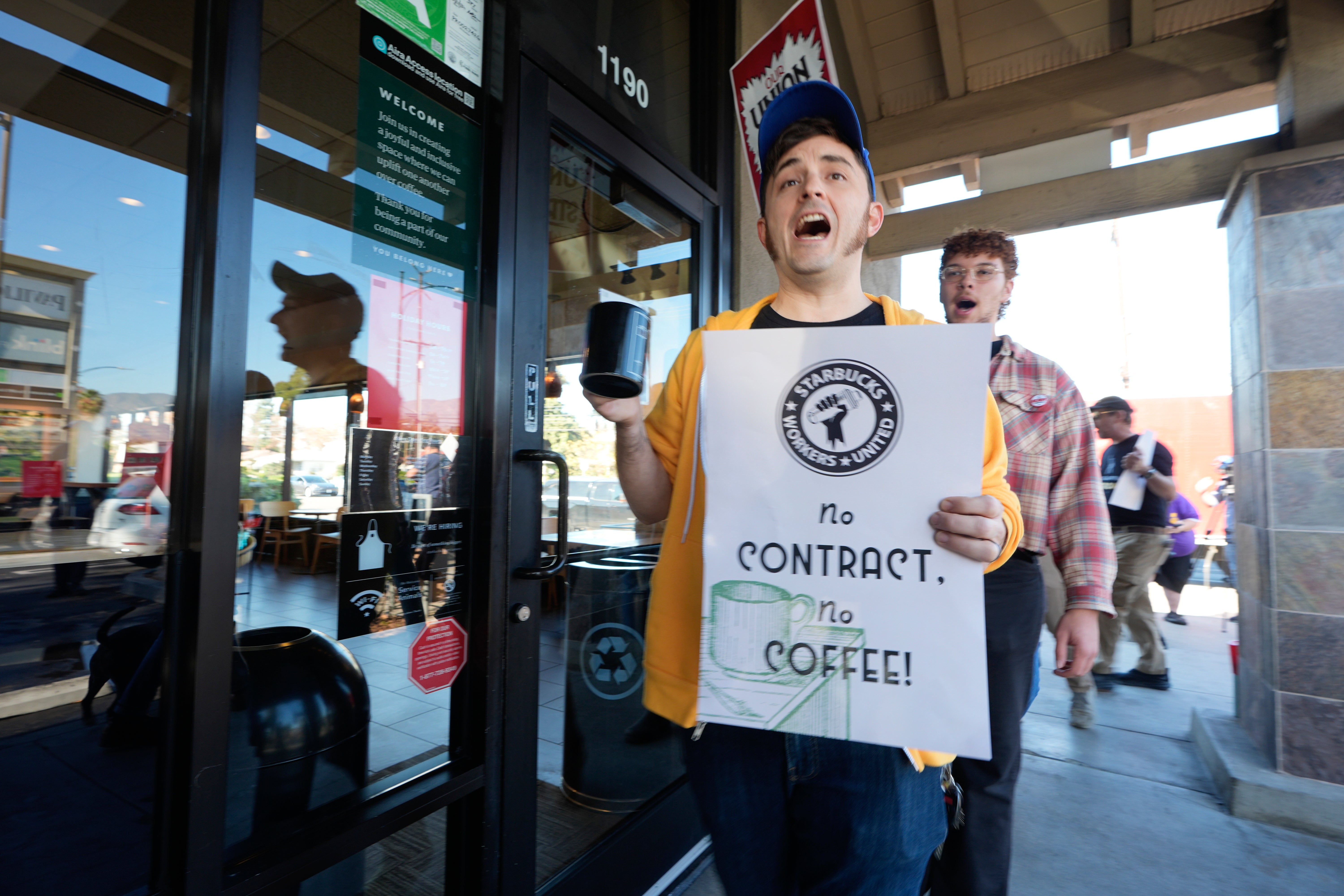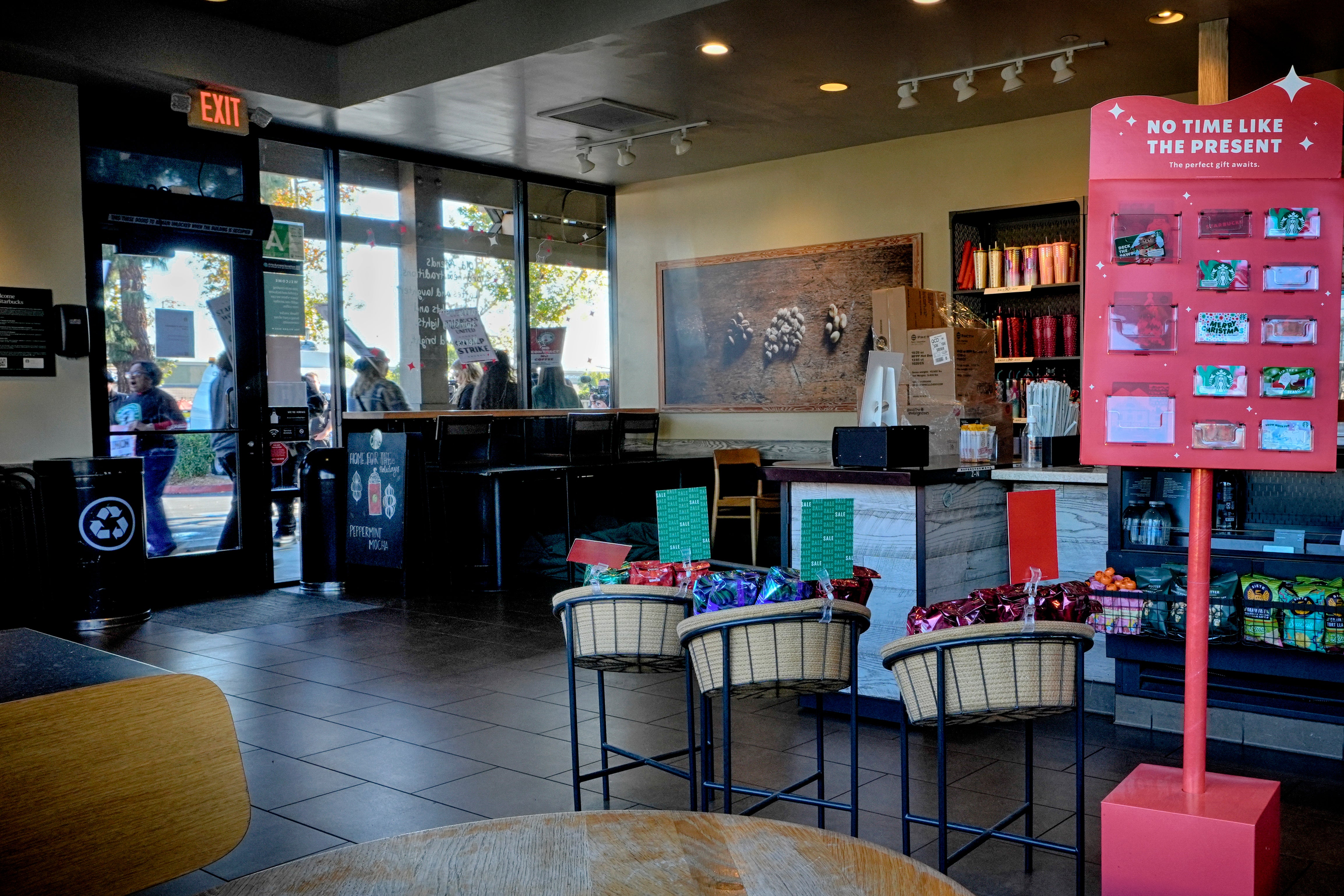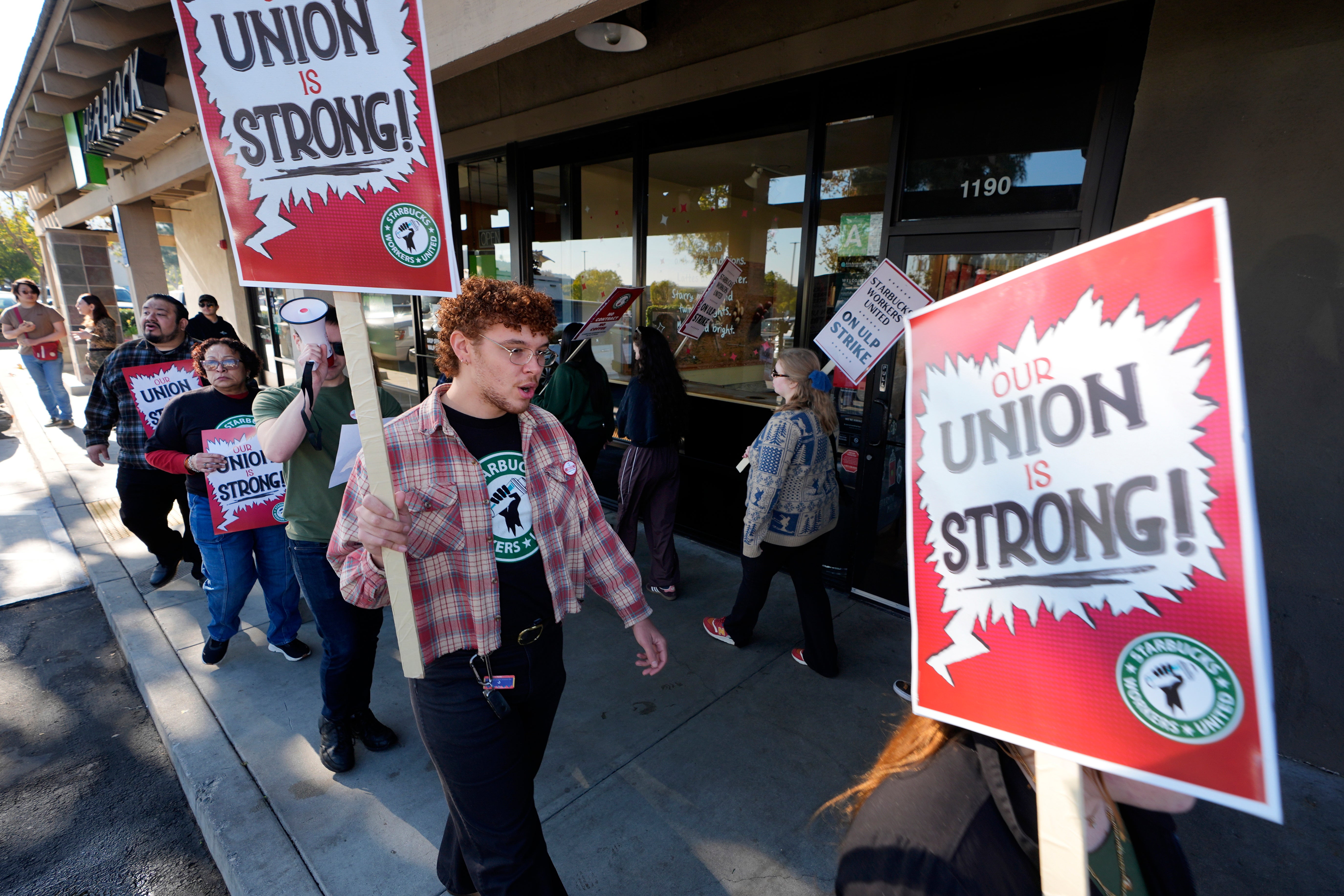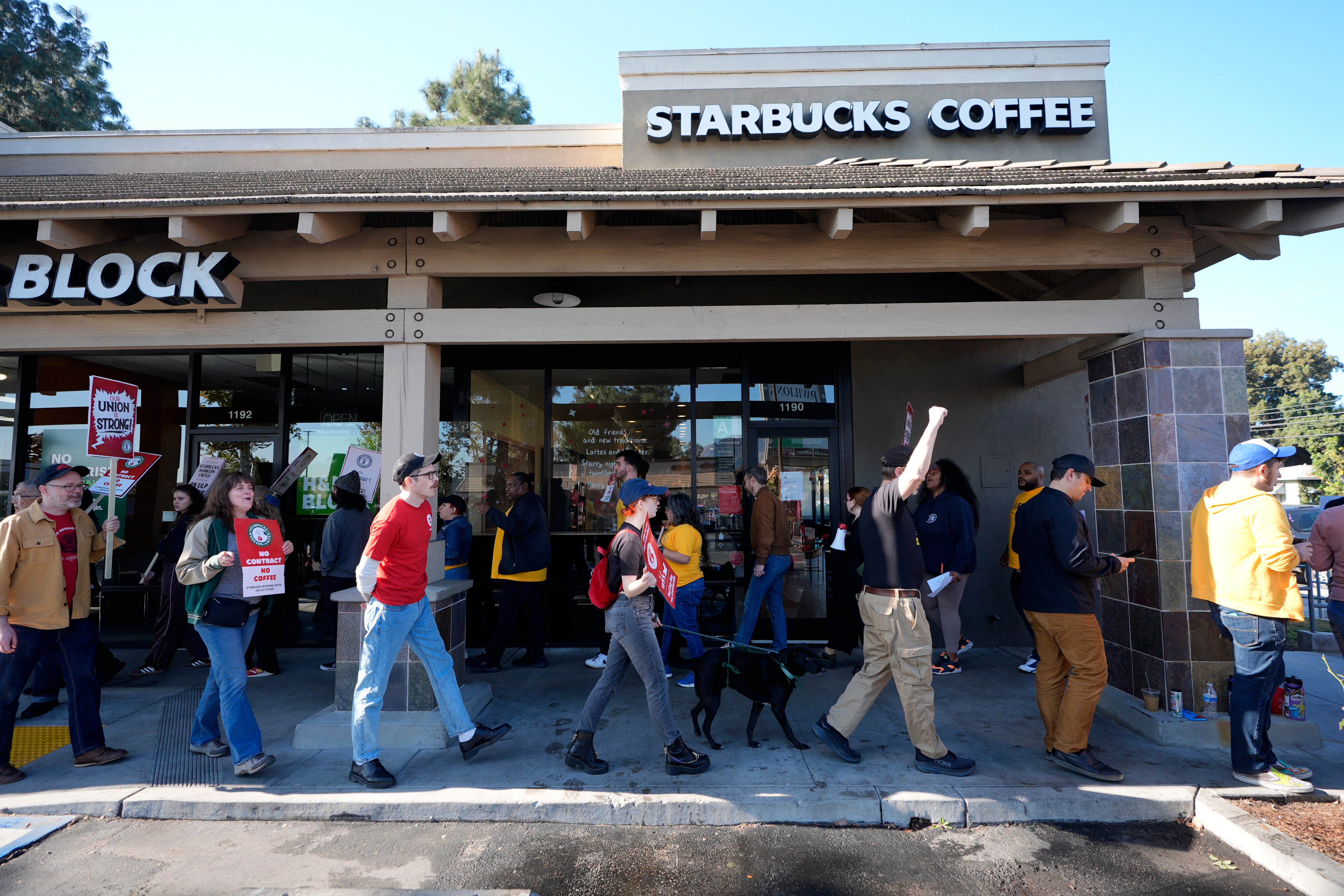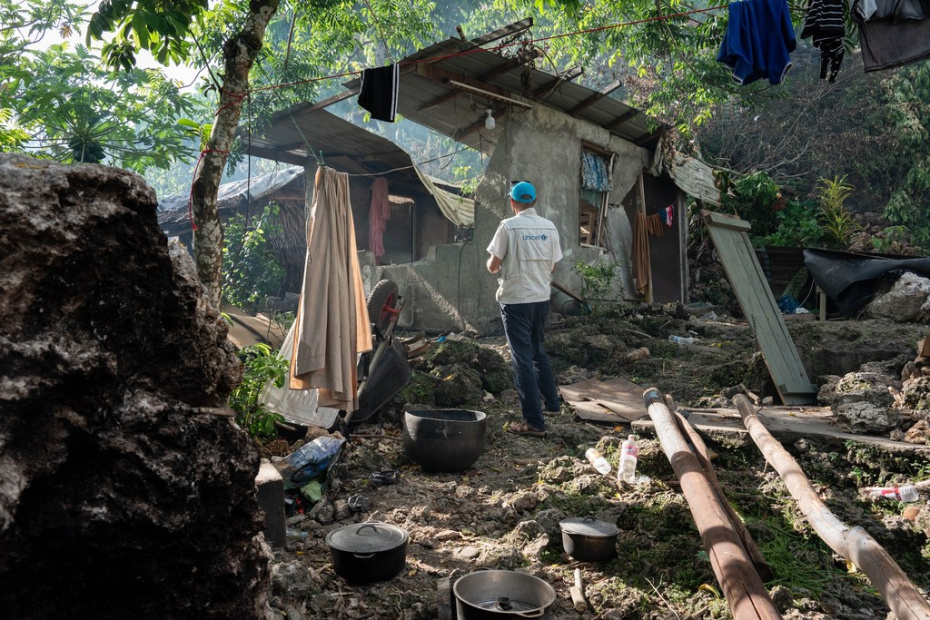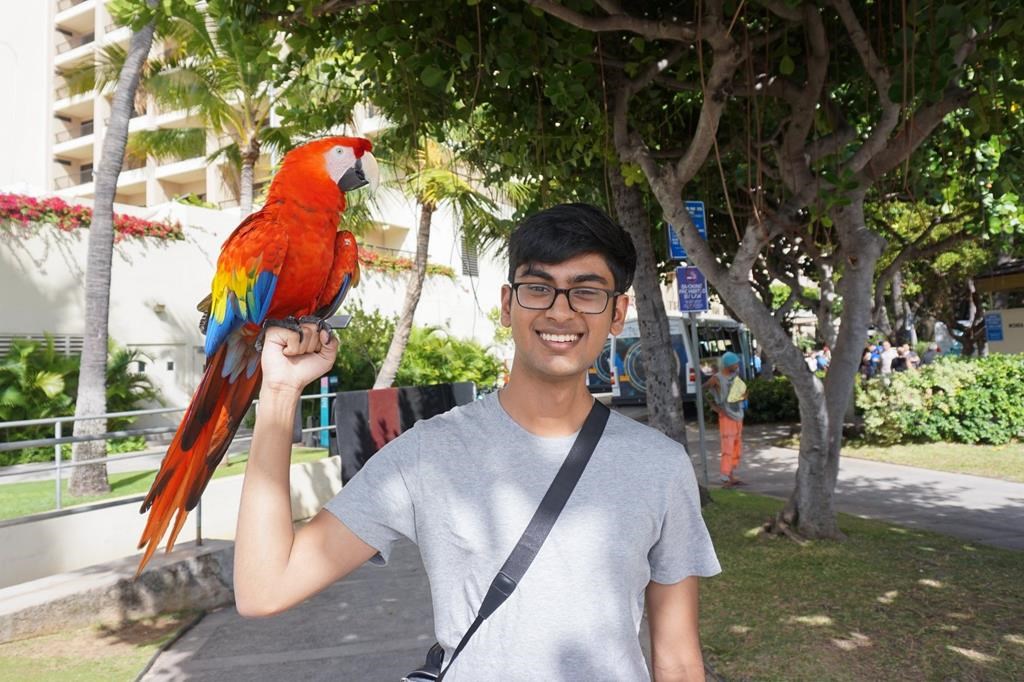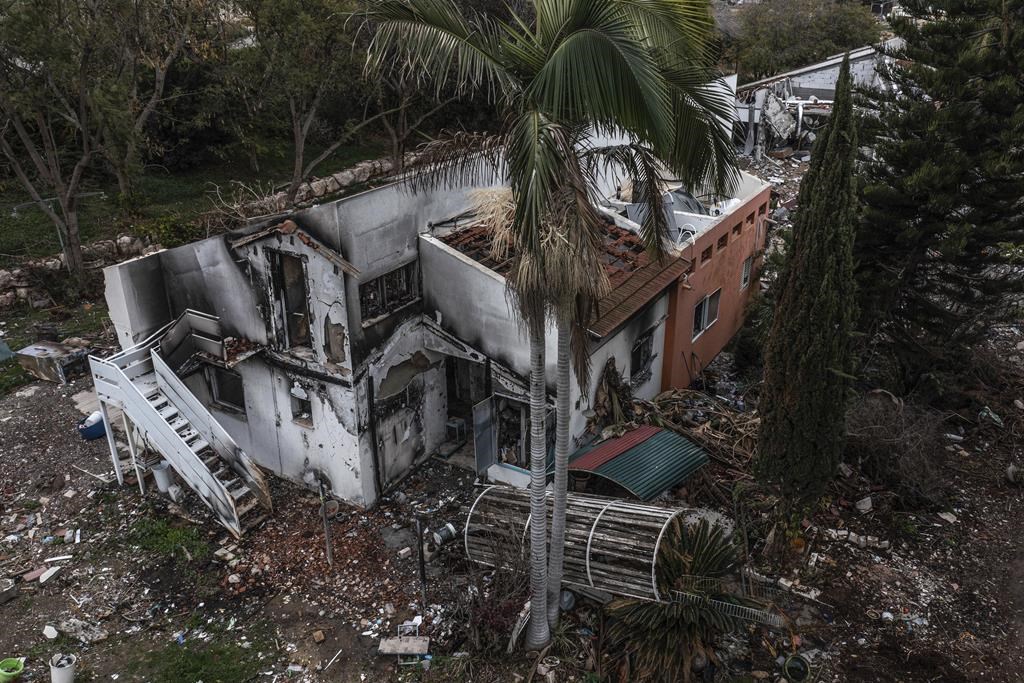Trudeau on the brink? More MPs demand resignation
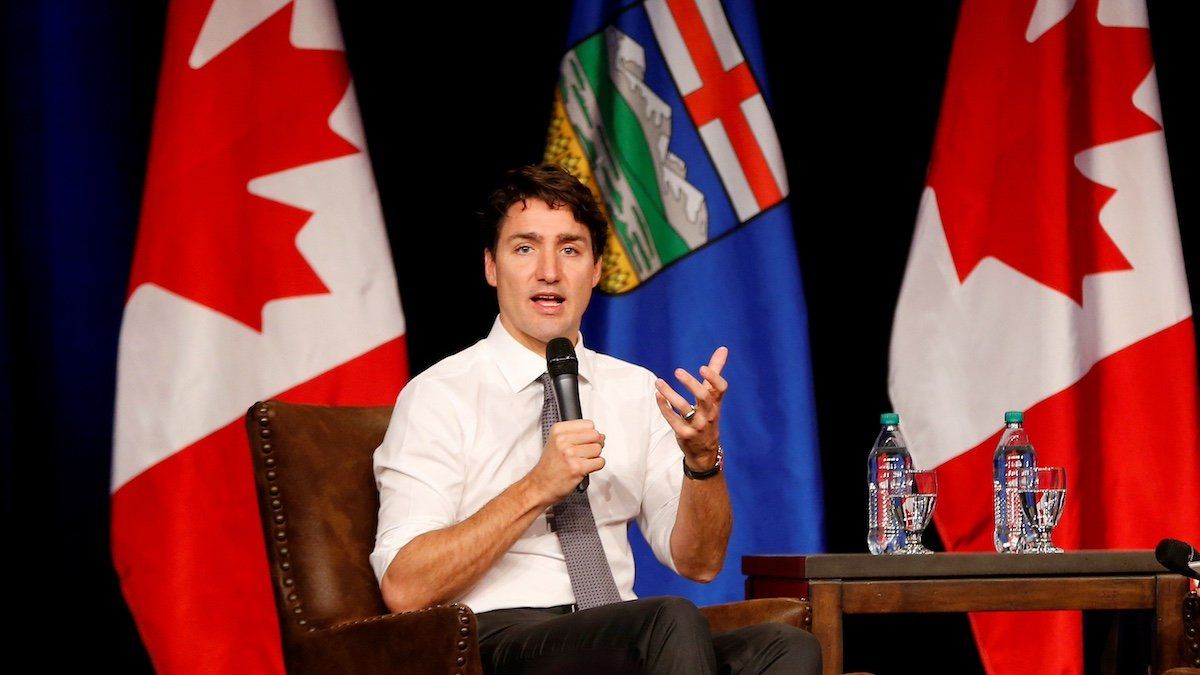
Canada's Prime Minister Justin Trudeau speaks at a meeting of the Calgary Chamber of Commerce in Calgary, Alberta, Canada December 21, 2016.
Bad news for embattled Canadian Prime Minister Justin Trudeau: On Saturday, 51 members of his Liberal Party’s powerful Ontario caucus reportedlyagreed that he should resign, citing their plummeting fortunes under his leadership. Over half the Liberal caucus now want him to quit, as well as numerous party advisors, strategists and commentators
The fresh calls come after NDP leader Jagmeet Singh, whose party had been propping up Trudeau’s minority government, pledged on Friday to bring a “clear motion of non-confidence” at the earliest opportunity. With Parliament out for winter break until Jan. 27, Conservative Leader Pierre Poilievre urged Canada’s titular head of State, Governor General Mary Simon, to recall MPs early to hold such a vote. That’s a constitutionalnon-starter, but it symbolically amps up the pressure nonetheless.
What are Trudeau’s options? Unless he asks the Governor General to prorogue the House anddelay its return, the opposition would plunge the country into an election - a race his party is likely to lose. One of the justifications for prorogation would be to allow the Liberals to hold a leadership race - but that would mean Trudeau would have to resign.
All this is happening just weeks before US President Donald Trump’s return to the White House on January 20. With the threat of 25% tariffs in the air, observers say Canada’s government can ill afford to continue its current drama, and Trudeau must decide his future as soon as possible.


